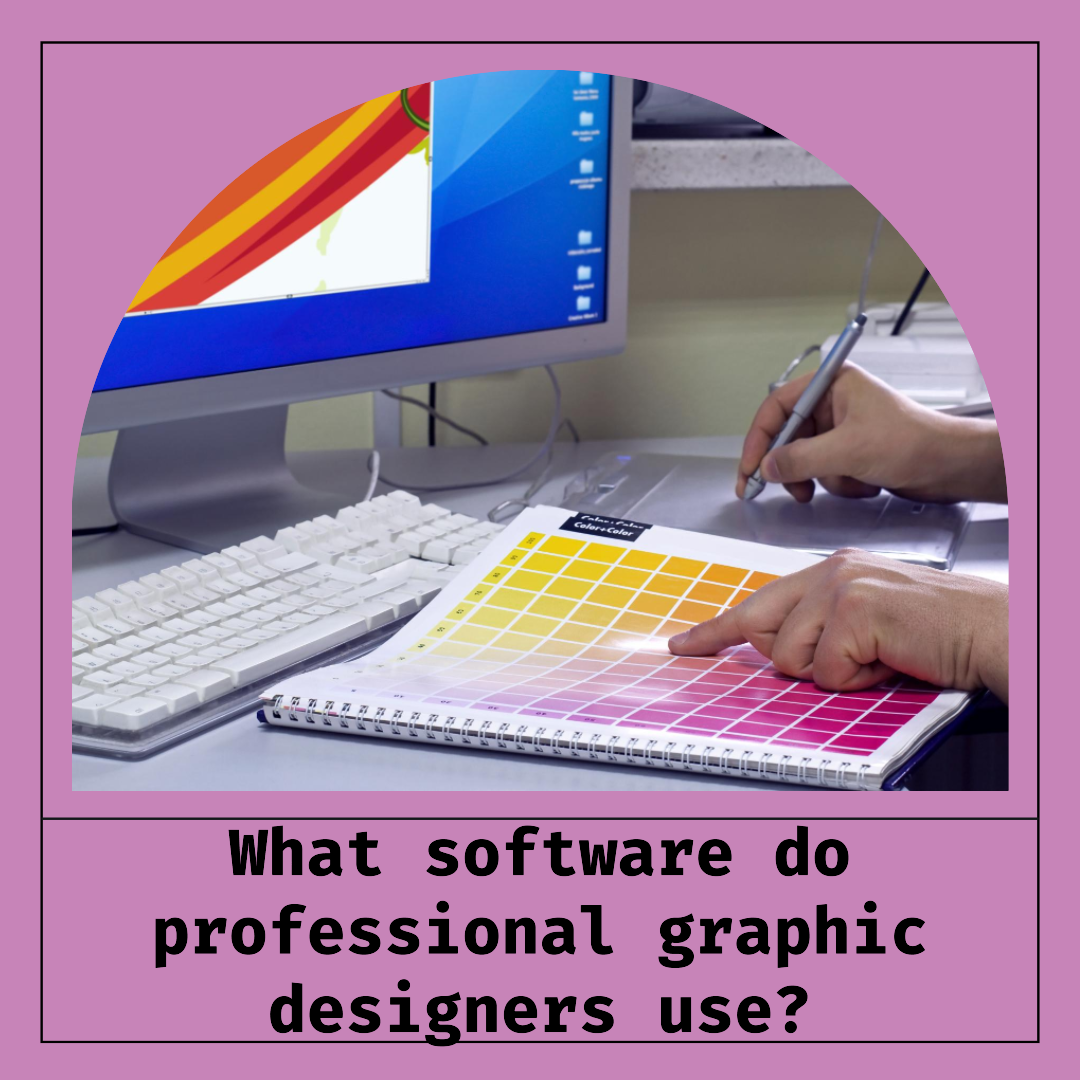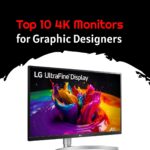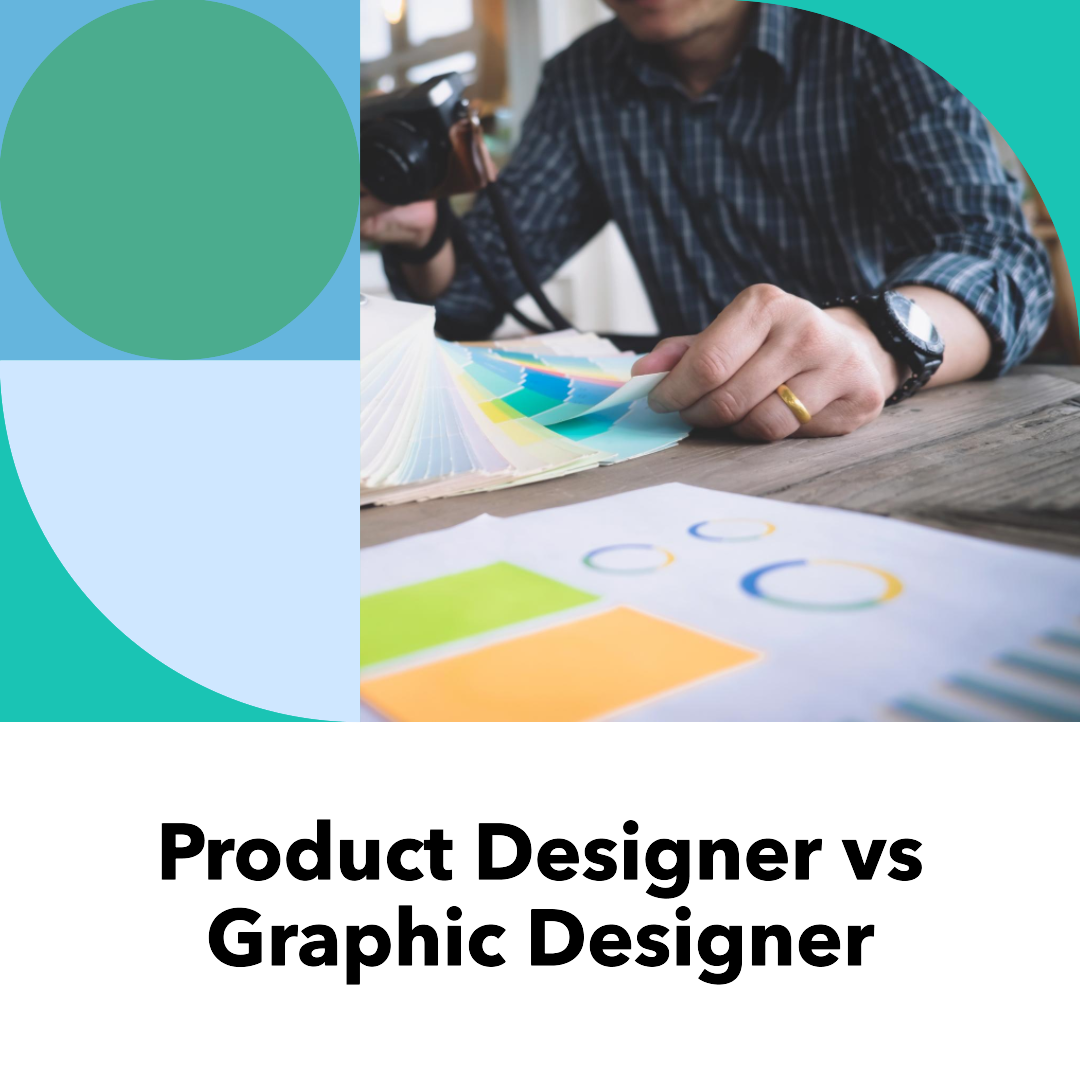What software do professional graphic designers use?
In the ever-evolving world of graphic design, technology plays a pivotal role in shaping the creative process. Professional graphic designers rely on a diverse array of software tools to bring their ideas to life, from conceptualizing designs to creating high-quality output. While the specific software choices vary depending on individual preferences and project requirements, there are a handful of industry-standard programs that are widely used by professional graphic designers.
Adobe Creative Cloud: The Industry Standard
Adobe Creative Cloud is a comprehensive suite of creative software that offers a wide range of tools for graphic designers, including:
- Adobe Photoshop: The industry-leading image editing software, used for photo manipulation, retouching, and creating digital art. Opens in a new windowen.wikipedia.orgAdobe Photoshop software
- Adobe Illustrator: A vector graphics editor ideal for creating logos, illustrations, and icons. Opens in a new windowen.wikipedia.orgAdobe Illustrator software
- Adobe InDesign: A page layout software for creating professional-looking print and digital publications. Opens in a new windowwww.dukeuae.comAdobe Illustrator software
- Adobe After Effects: A motion graphics software for creating animated videos and special effects. Opens in a new windowwww.techradar.comAdobe After Effects software
- Adobe Premiere Pro: A video editing software used for professional video production. Opens in a new windowwww.amazon.comAdobe Premiere Pro software
- Adobe Lightroom: A photo editing and management software for organizing, enhancing, and sharing photos. Opens in a new windowwww.thephoblographer.comAdobe Lightroom software
Sketch: A Powerful Alternative to Adobe Creative Cloud
Sketch is a popular vector graphics editor that has gained traction among graphic designers in recent years. It offers a streamlined and user-friendly interface, making it a favorite for creating user interfaces (UIs) and web design mockups.
Opens in a new windowwww.sketch.com
Sketch software
Figma: A Collaborative Design Tool
Figma is a cloud-based design tool that enables real-time collaboration among designers and stakeholders. It is particularly well-suited for agile design workflows and remote teams.
Opens in a new windowwww.cnet.com
Figma software
Affinity Designer: A Cost-Effective Alternative to Adobe Illustrator
Affinity Designer is a vector graphics editor that offers a powerful set of features at a more affordable price compared to Adobe Illustrator. It is a popular choice for graphic designers who are on a budget or looking for an alternative to Adobe’s software suite.
Opens in a new windowaffinity.serif.com
Affinity Designer software
GIMP: A Free and Open-Source Alternative to Adobe Photoshop
GIMP is a free and open-source image editing software that offers a similar feature set to Adobe Photoshop. It is a popular choice for designers who are looking for a cost-effective alternative or who prefer the flexibility of open-source software.
Opens in a new windowwww.tabakalera.eus
GIMP software
In addition to these core software tools, graphic designers often use a variety of specialized software, such as:
- 3D modeling and animation software for creating 3D graphics and animations
- Font design software for creating custom fonts
- Web development software for creating and maintaining websites
- Project management software for organizing and managing design projects
- Prototyping software for creating interactive prototypes of digital products
The specific software choices made by graphic designers depend on their individual preferences, project requirements, and budget. However, the software tools mentioned above are widely used and considered to be essential for professional graphic designers.
Conclusion
Graphic design software plays a crucial role in enabling graphic designers to create visually appealing and effective communication materials. By mastering the use of these tools, graphic designers can bring their creative ideas to life and make a significant impact in various industries. As technology continues to evolve, it is likely that new and innovative software tools will emerge, further expanding the possibilities for graphic design.








